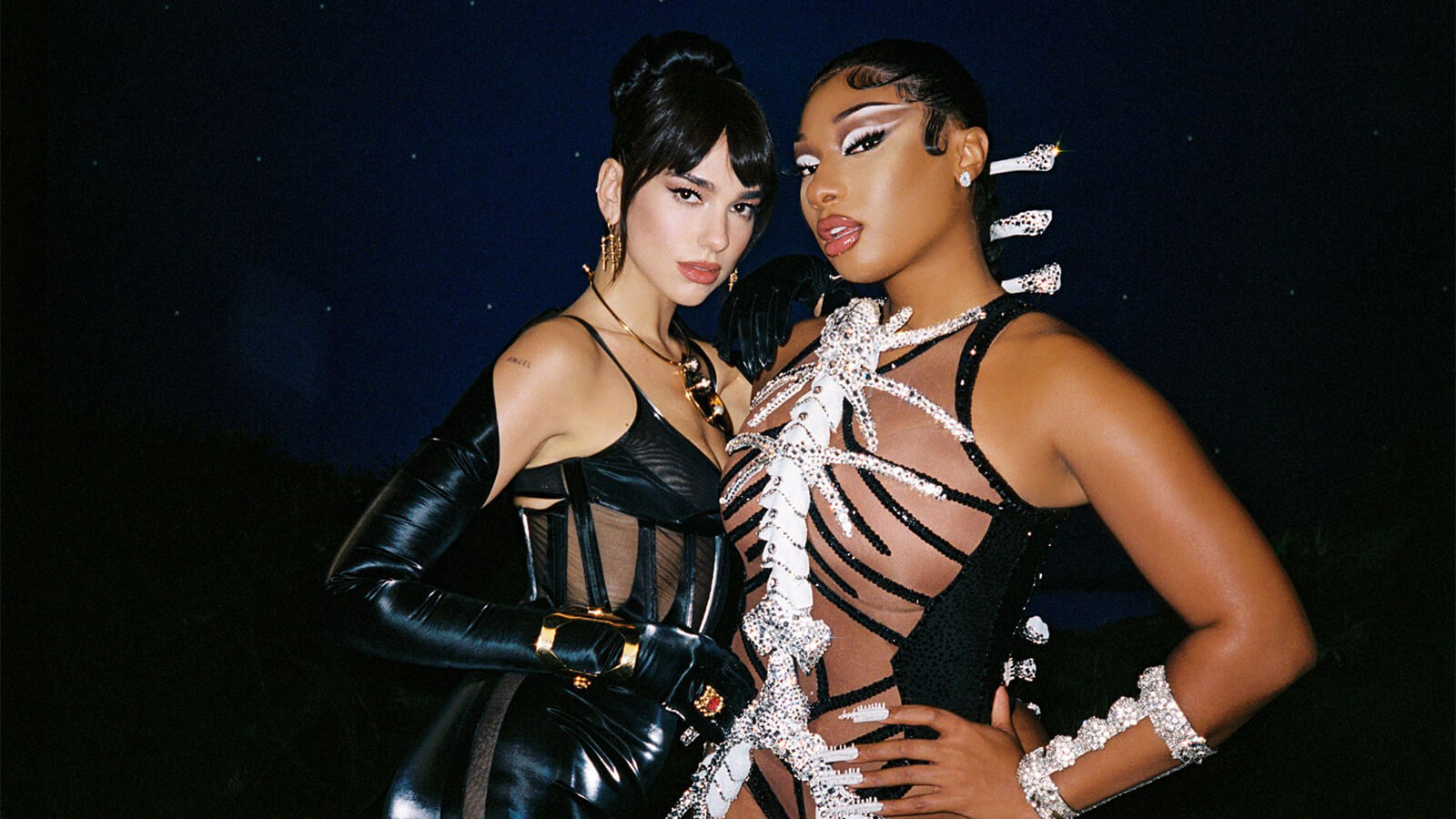Why Are Asians Anonymous In British Culture?
It began, as all good ideas seem to, at the kitchen table. It was September 2019, a week after watching Quentin Tarantino’s film Once Upon A Time In Hollywood, and I was angry. There’d been a scene in which the legend Bruce Lee (played by Mike Moh) was portrayed spouting philosophical nonsense, using dodgy martial arts noises and being humiliated by Brad Pitt’s character Cliff Booth. In a film dedicated to revering the Hollywood ‘greats’ (including Roman Polanski), the only non-white historical figure had been ridiculed and it was, to the audience I was with, the funniest part of the movie.
I’d been astounded by this racial stereotyping, painfully unacknowledged by everyone around me. I turned to the media, Googling frantically to see whether anyone shared this view. Reviews for the film were almost universally positive, feting the director for his vision. There were one or two US articles that questioned why the scene was the most controversial in the film. But there was no outrage.
I started thinking of other depictions of East and South-East Asians – from the almost-mute Lilly Onakuramara in Pitch Perfect, a construct designed to be laughed at (and hardly three-dimensional), to the absence of Asian faces in UK TV dramas. If they were present, they were nerds or nameless baddies: forgettable plot devices. Then the pandemic kicked in, the then-President Trump spoke of ‘kung-flu’ and Asians became the target of hate crimes – a very real consequence of cultural non-representation.
The journalist and presenter Elaine Chong sent me an article by Dr Diana Yeh, who wrote that “‘British Chinese’ [a term used for those who ‘appear’ Chinese] can, to cite Salman Rushdie, be ‘visible but unseen’ – present in the social and cultural fabric but rendered invisible within the social and cultural imagination.” Why weren’t we being represented in any meaningful way? It was as though British East and South-East Asians were an anonymous part of British culture.
And so, at the kitchen table that day, I decided there was a need to change these cultural stereotypes, to amplify the voices of the diaspora living in the UK – rich with stories, difference and nuance. I wanted to dispel this lazy idea that people from Asia are part of a monolithic mass subjected to groupthink. Hence I launched East Side Voices, hoping to connect British Asians shaping our cultural landscape – such as the designer Rejina Pyo and novelist Sharlene Teo – with those who have the power to frame the way we look at the world: casting agents, directors, producers, writers, journalists.
What began as a monthly meet at London’s Standard Hotel, has since evolved into a book. There are searing stories within the pages. Romalyn Ante, the Filipino poet and nurse, describing the plight of the generations of NHS nurses within her family. Katie Leung sharing her tale of assimilating in Scotland and on the sets of Harry Potter. There’s Zing Tsjeng’s exposition of the racism that has long been on our shores, Naomi Shimada’s ode to her Japanese grandmother, Gemma Chan’s family history revealing a fight for equality… Beautifully unique, yet universal; these are stories I hope will challenge, trouble, illuminate, resonate, but above all, inspire empathy in all who read them.
Helena Lee is a London-based writer and features director of Harper’s Bazaar. Her book East Side Voices: Essays Celebrating East & Southeast Asian Identity In Britain is out now




